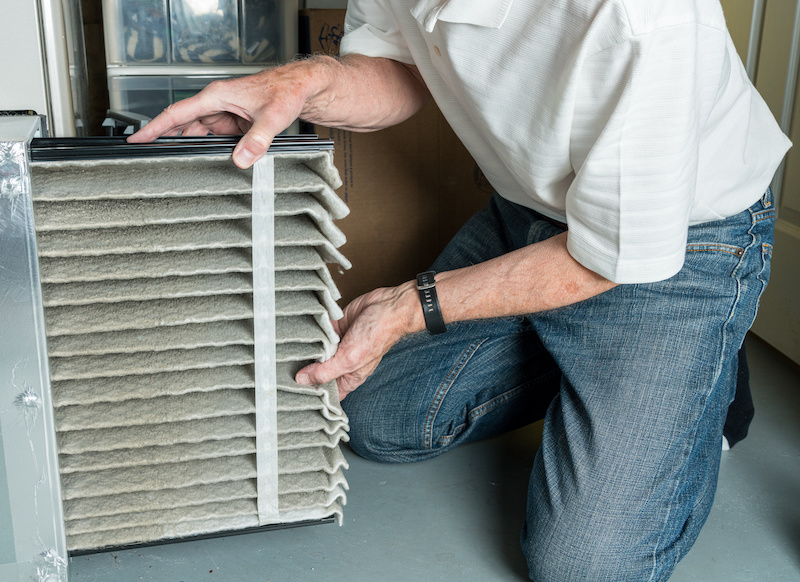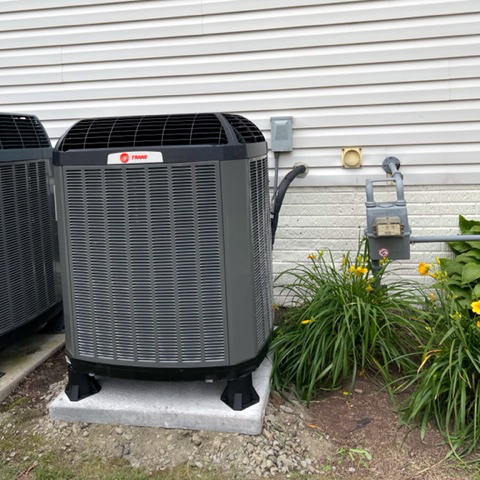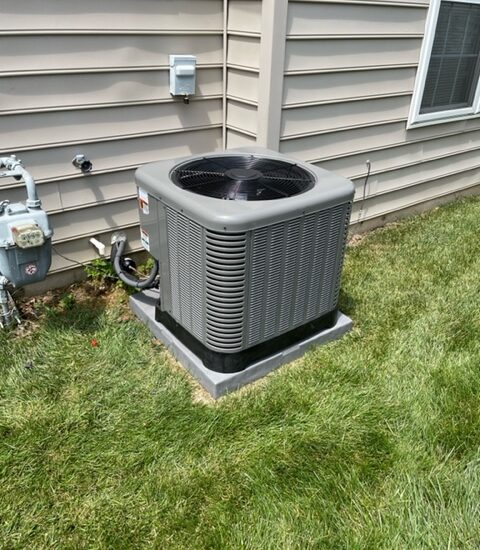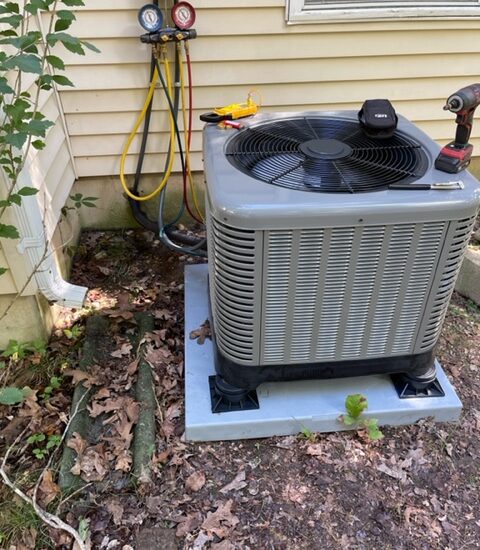
Clean air inside your home is essential to maintaining a healthy lifestyle, as most people spend most of their time indoors. Unfortunately, poor air quality can affect your health, from triggering allergies and respiratory issues to long-term chronic illnesses. Here are five valuable strategies for improving indoor air quality.
1. Proper Ventilation and Air Circulation
Open windows when possible to bring in fresh. Without proper ventilation, the air in your home can become stagnant and accumulate pollutants such as dust, volatile organic compounds, and mold spores. To counteract moisture and odors, use exhaust fans in bathrooms and kitchens. Additionally, ceiling fans can help spread air evenly and prevent pockets of still air.
2. A Clean Living Environment
It is vital for cutting down on indoor air pollutants. Pet dander, dust, and pollen can accumulate on surfaces and cause respiratory issues and allergies. Utilizing a vacuum cleaner with a high-efficiency particulate air filter is an effective way to trap small particles. Additionally, dusting and mopping surfaces and washing bedding can help. To make cleaning easier and keep dust from settling in hard-to-reach places, it is also important to keep clutter to a minimum.
3. Low-VOC Products
Choosing products with low levels of volatile organic compounds is recommended to reduce indoor air pollution and protect your health. These compounds are present in numerous household items such as paints, adhesives, cleaning agents, and furniture. VOC exposure can lead to various health problems, such as headaches and respiratory irritation. To ensure you buy VOC-free or low-VOC products, look for labels that guarantee the products meet strict emission standards. When redecorating or remodeling, allow ample time for new materials to off-gas before occupying the space.
4. Natural Air Purifiers
Adding certain plants, such as snakes, spiders, and peace lilies, to your living spaces can improve the air quality and promote nature. These plants are known for filtering out common indoor pollutants like formaldehyde, benzene, and xylene. Care them properly to keep them healthy and effective at purifying the air.
5. Regular HVAC Maintenance
Having a well-maintained HVAC system is essential for maintaining good indoor air quality. When neglected, it can become a source of dust, mold, and bacteria. Changing air filters according to the manufacturer’s guidelines and scheduling professional HVAC maintenance at least once a year is recommended. Not only does this improve air quality, but it also helps extend your HVAC system’s life.
Creating a home environment with better indoor air quality is an investment in your health and well-being. With the right strategies, you can reduce the presence of indoor pollutants and breathe more easily. Each of these steps contributes to a healthier and more comfortable living space. Your home should be a sanctuary for relaxation and a place that promotes your overall health.



